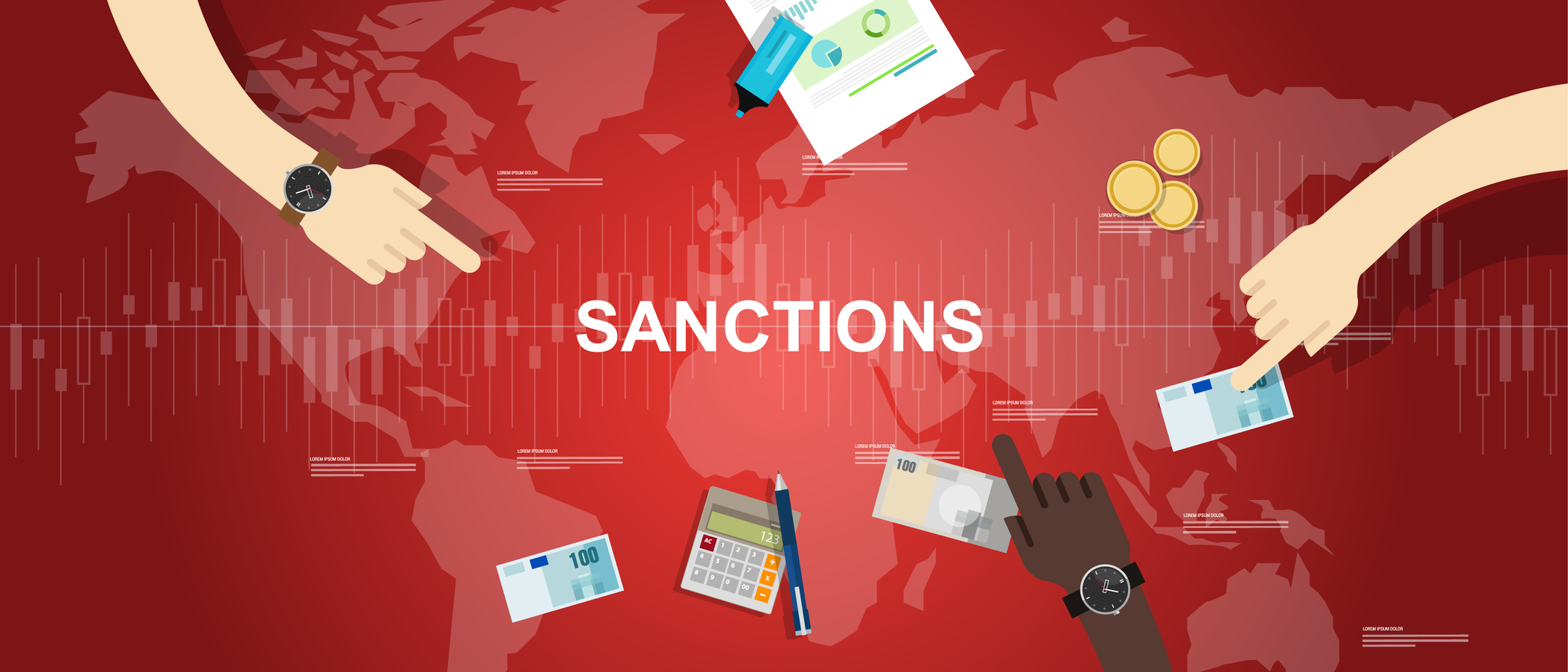
The economic and financial sanctions imposed by the EU, the US and a number of other states, punishing Russia for its aggression in Ukraine, led to Russia imposing an embargo on a wide range of agricultural products from Western countries. There seems to be little chance of the sanctions being lifted any time soon, but what are the implications of such sanctions for exporters and what do companies operating internationally need to be aware of?
The EU and the UK currently have sanctions in place against numerous countries, or certain individuals and entities from or within those countries. There are also measures in place in respect of terrorist organisations and associated individuals. EU and UK sanctions are particularly onerous in respect of Iran and Syria. Other countries affected include Afghanistan, Egypt, Iraq, North Korea, Sudan, and Libya. Extra care is needed when doing business in these countries or with people from or connected to these countries.
The consequences of being found guilty of breaching sanctions are serious. A number of major financial institutions have been subject to multi-million dollar fines and settlements with US and UK regulators for sanctions breaches.
Whilst the Department for International Trade, through its Export Control Organisation, implements trade sanctions and embargoes in the UK, it is the job of the Office of Financial Sanctions Implementation (OFSI) to ensure that international financial sanctions are properly understood, implemented and enforced in the United Kingdom.
All individuals and legal entities who are within or undertake activities within the UK’s territory must comply with the EU and UK financial sanctions that are in force. Civil penalties for breaches of UK and EU financial sanctions are due to be introduced in April 2017 so it’s more important than ever to make sure you’re complying.
OFSI offers a number of resources of use of exporters, including their guide to financial sanctions, which includes a FAQ section specifically for exporters and their regime specific web pages, which set out the Treasury’s consolidated list of targets of financial sanctions currently in effect in the UK.
I have an export control licence, is that all I need?
Export control licences only provide permissions in respect of trade sanctions and embargoes. If the goods are going to a designated person or the funds are transferring through a designated person, then you will need to apply separately for an OFSI licence. Just because an export control licence has been granted, it is not guaranteed that an OFSI licence will be granted.
My product is not subject to trade controls, do financial sanctions still apply to me?
You will still need to consider financial sanctions if goods are being made available, directly or indirectly to designated persons. Equally, if payments are coming through a designated person (such as a designated bank), and there is no relevant exception, an OFSI licence will be required.
Does it make a difference if my goods are for humanitarian, medical or diplomatic purposes?
You will need to consider carefully the restrictions in place against the specific designated person. So if a person is subject to sanctions under the Syrian regime, you will need to look at the legislation imposing that regime.
Some regimes have specific exemptions or licencing grounds for provision of goods or funds for humanitarian, medial or diplomatic purposes, which may expand the options from the normal licencing grounds. OFSI will seek to prioritise applications for licences in these cases.
The OFSI has a Helpline service for general enquiries - 020 7270 5454 (Mon-Fri 09:00-17:00) or you can contact them by email ofsi@hmtreasury.gsi.gov.uk. IOE&IT members can also contact our experts with any specific queries, through our Technical Helpline.



